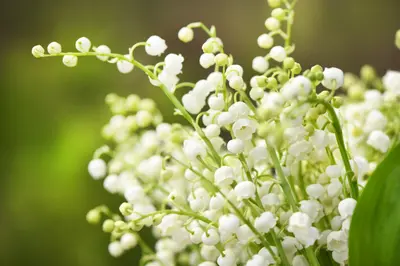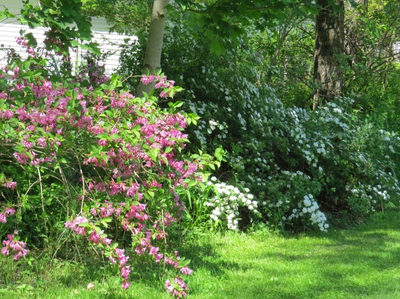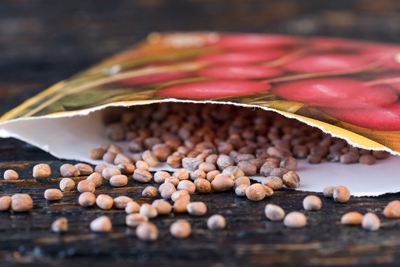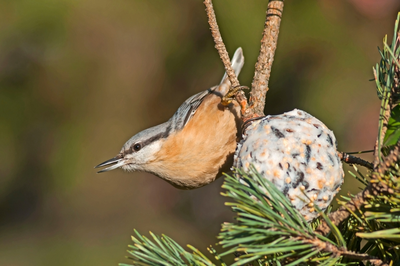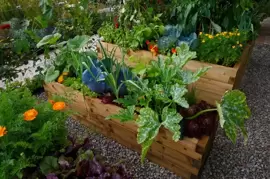
Nowadays we’re all looking for ways to garden more organically, using fewer manufactured chemicals and creating a healthy ecosystem in our gardens. Making an organic garden doesn’t happen overnight, but with a few changes to your gardening habits, you’ll soon see the benefits. Here are our top 10 tips on preparing your vegetable garden for organic growth this year.
Ten tips for organic gardening
-
Start small. If this is your first foray into organic gardening, don’t try to do it all at once. Concentrate on getting your soil right first, then gradually incorporate other aspects of organic gardening.
-
To clear an overgrown plot without weedkillers, cut all weeds down to ground level, then eliminate what you can manage by digging. Cover the rest of the parcel with a thick mulch or a sheet of the black plastic membrane to stop light reaching the weeds, then leave it for at least six months. This should take care of most weeds, and what’s left will be much easier to tackle.
-
Think about where to plant things. Most fruit and vegetables need at least 6 hours of sun to grow well, and the less stressed your plants are, the healthier they’ll be.
-
Choose plants that suit your soil pH (its acidity or alkalinity) and its structure. Soil pH test kits are readily available from garden centres and are very quick and easy to use. To check your soil structure, mix soil with a little water in the palm of your hand, roll it into a sausage shape, and bend it. Heavy clay soil will keep its form, while very sandy soil will disintegrate. Most grounds will be a combination of sand, silt and clay, but this test will give you a rough idea of where your land fits in.
-
Improve your soil structure and fertility by digging in organic garden compost, well-rotted stable manure or leafmould.
-
If you can, build a pond in your garden. This will bring in all sorts of beneficial wildlife, helping to keep down pests.
-
Lay in a supply of nets and stakes to protect crops against birds and pests like white cabbage butterflies and carrot fly.
-
Add a birdfeeder to bring in blue tits that will eat aphid eggs, and plant pollinator-friendly flowers. Yarrow, alyssum, marigolds and cosmos will help attract beneficial insects like ladybirds and lacewings.
-
Do a crop rotation plan, so you aren’t growing the same things in the same spot every year. This helps prevent the buildup of pests and disease in the soil, reducing the need for pesticides.
-
Slugs and snails are a menace to organic gardeners, so get prepared early. Use grit barriers around plants, put in beer traps and stick copper tape around pots. If all else fails, organic slug pellets are available.
Whether it’s seeds, soil test kits, tools or just advice you’re after, we’re always happy to help, so come and visit our garden centre and see what’s in store.

